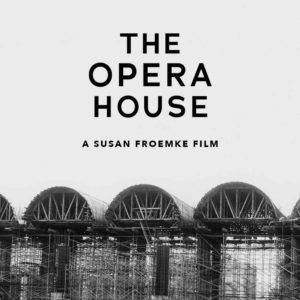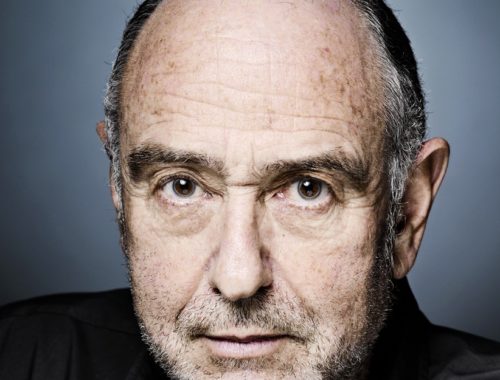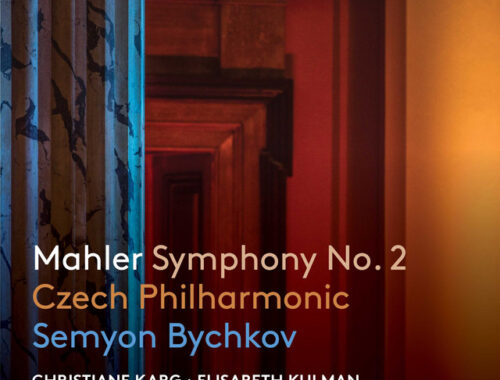GRAMOPHONE: From Where I Sit – Awards Issue 2018
 I recently spent two blissful hours at my local Curzon cinema watching a brilliant documentary entitled The Opera House. No prizes for guessing which opera house might regard itself as indomitably singular or indeed which might have the hutzpah to present itself thus. But then again, as titles go, this one screams ambition and grand designs and the story of the Metropolitan Opera of New York is certainly that.
I recently spent two blissful hours at my local Curzon cinema watching a brilliant documentary entitled The Opera House. No prizes for guessing which opera house might regard itself as indomitably singular or indeed which might have the hutzpah to present itself thus. But then again, as titles go, this one screams ambition and grand designs and the story of the Metropolitan Opera of New York is certainly that.
Susan Froemke’s film chronicles the long and hard-fought saga to pension off the Old Met on Broadway and reimagine it newer, shinier, and grander for the future. It’s as much an architectural story as a human one – but the humanity it there alright and it shines through the myriad personalities whose lives were impacted by its creation, the families who were displaced, the city planners and architects who grappled with the ever-diminishing financing, the imaginations repeatedly challenged by compromise, the accidental splash of ink on a drawing which was the inspiration for the new Met’s now iconic ‘starburst’ chandeliers (yes, really). And Rudolf Bing.
Bing – a creative puppeteer like no other – brought vision and ambition to the Met, but he brought the talent, too, and his eye and ear for it was legendary. Dominating this documentary – her majestic presence delighting this commentator beyond measure – is the great Leontyne Price, 91 years young and as imperiously feisty as ever. She begins by saying that she quickly realised in her youth that she would never have the voice her mother had (that’s idolisation for you) but thereafter her memories of opening the new Met with Samuel Barber’s custom-made Antony and Cleopatra are peppered with fabulously immodest recollections of how mighty fine she sounded that night. False modesty be damned, she sure did. Crooning portamento and all, this was one of the great lyrico-spinto voices of our time. I say ‘was’ but there is a thrilling moment in the documentary where she spontaneously launches into ‘Give Me My Robe’ from the climactic scene of Barber’s opera – and the voice still resonates.
Barber heard what we all heard – an unrivalled opulence throughout the range (lower notes ‘coloured’ not ‘chested’) with a spectacular reach and refulgence at the top – and it chimed with the kind of unashamedly lyric music he loved to write. Knoxville: Summer of 1915 wasn’t written for Price but her Southern smokiness made it such a good fit that you could imagine it was. She was a clear first choice when I compared recordings on BBC Radio 3’s Record Review. Laurel Mississippi, her birthplace, was hardly a stretch from Knoxville in the imagination and the ‘strawberries’ and ‘starched milk’ of James Agee’s text sound so inviting. I’ve no doubt that when Barber heard Price sing the line ‘Now is the night one blue dew’, stratospherically high above the stave, he was already imagining her Cleopatra.
In the documentary (with priceless footage of rehearsals for the Met opening) Price recalls singing her signature role – Verdi’s Aida – at Covent Garden. I was there – an impressionable boy thrilled by what he heard but perhaps wondering why the lady with the big Afro was always downstage centre? The budding actor watched and learned! The Opera House – not Covent Garden, the other one – was as much hers as anyone else’s.




